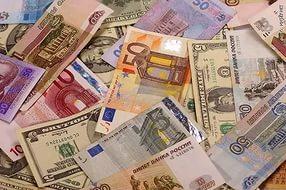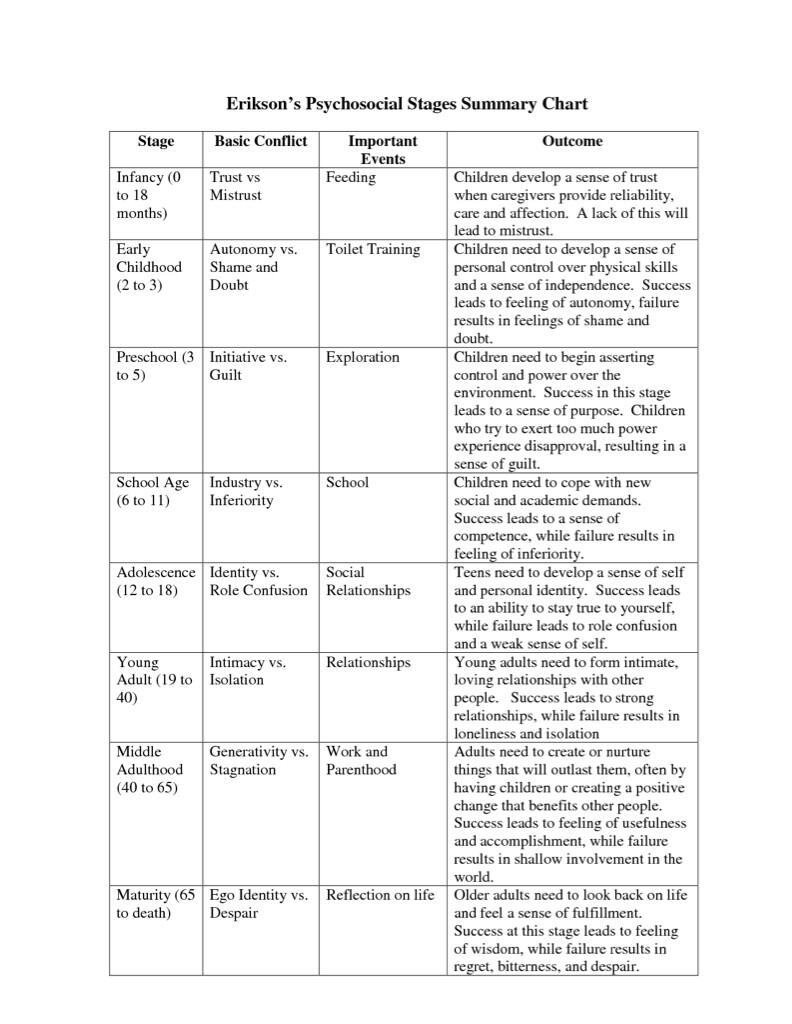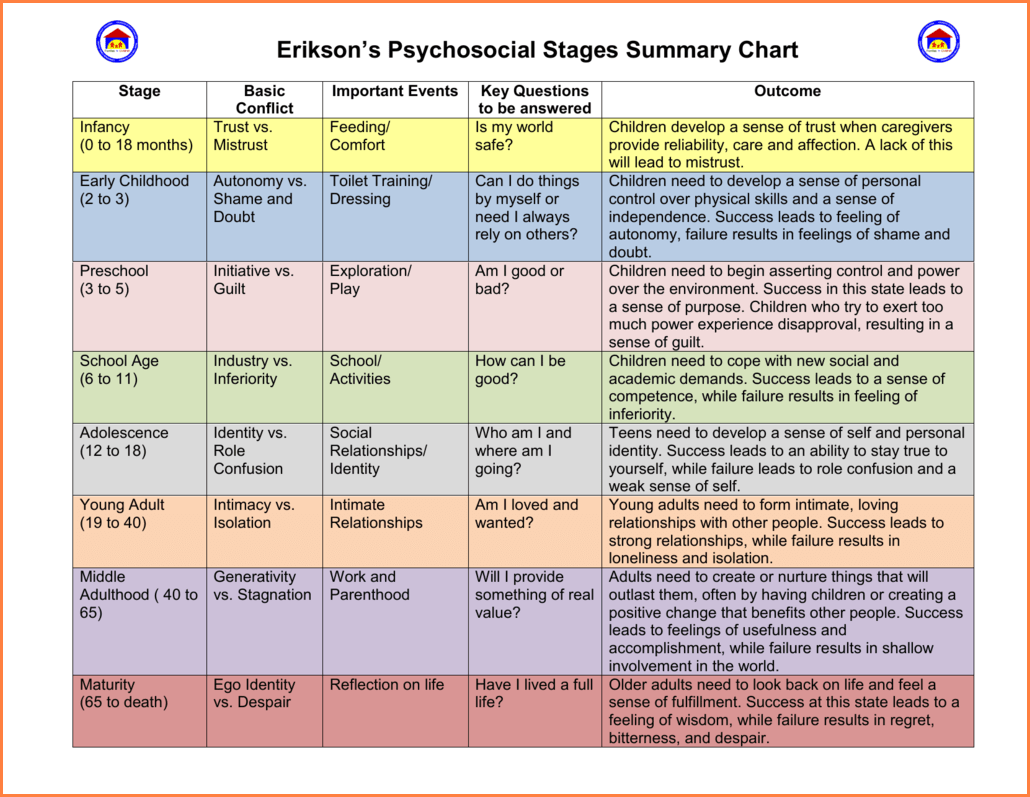Stages of psychology

Jean Piaget's theory of cognitive development suggests that children move through four different stages of mental development.
Related articles
His theory focuses not only on understanding how children acquire knowledge, but also on understanding the nature of intelligence. Stages of psychology kids interact with the world around them, they continually add new knowledge, build upon existing knowledge, and adapt previously held ideas to accommodate new information. Illustration by Joshua Seong, Verywell How Piaget Developed the Theory Piaget was born in Switzerland in the late s and was a precocious student, publishing his first scientific paper when he was just 11 years old.

His early exposure to the intellectual development of children came when he worked as an assistant to Alfred Binet and Theodore Simon as they worked to standardize their famous IQ test. Much of Piaget's interest in the cognitive development of children was inspired by his observations of his own nephew and stages of psychology. These observations reinforced his budding hypothesis that children's minds were not merely smaller versions of adult minds.
Background and Key Concepts of Piaget's Theory
Up until this point in history, children were largely treated simply as smaller versions of adults. Piaget was one of the first to identify that the way that children think is different from the way adults think. Instead, he proposed, intelligence is something that grows and develops through a stages of psychology of stages. Older children do not just think more quickly than younger children, he suggested. Instead, there are both qualitative and quantitative differences between the thinking of young children versus older children.
Based on his observations, he concluded that children were not less intelligent than adults, they simply think differently. Albert Einstein called Piaget's discovery "so simple only a genius could have thought of it. Cognitive development involves changes in cognitive process and abilities. The Stages Through his observations of his children, Piaget developed a stage theory of intellectual development that included four distinct stages: The Sensorimotor Stage Ages: Birth to 2 Years Major Characteristics and Developmental Changes: The infant knows the world through their movements and sensations Children learn about the world through basic actions such as sucking, grasping, looking, and listening Infants learn that things continue to exist even though they cannot be seen object permanence They are separate beings from stages of psychology people and objects around them They realize that their actions can cause things to happen in the world around them During this earliest stage of cognitive development, infants and toddlers acquire knowledge stages of psychology sensory experiences and manipulating objects.
Developmental Stages of Lifespan Psychology Assignment
A child's entire experience at the earliest period of this stage occurs through basic reflexes, senses, and motor responses. It is during the sensorimotor stage that children go through a period of dramatic growth and learning. As kids dbq 9 civilizations of the americas with their environment, they are continually making new discoveries about how the world works. The cognitive development that occurs during this period takes place over a relatively short period of time and involves a great deal of growth.

Children not only learn how to perform physical actions such as crawling and walking; they also learn a great deal about language from the people with whom they interact. Piaget also broke this stage down into a number of different substages.
/2795740-article-erik-eriksons-stages-of-psychosocial-development-5ac3df9e875db90037ffa803.png)
It is during the final part of the sensorimotor stage that early representational thought emerges.]
![[BKEYWORD-0-3] Stages of psychology](https://pbs.twimg.com/media/BJcPVqeCAAASv7I.jpg:large)
Stages of psychology - consider, that
You meet with a father and his year-old teenager daughter, Louisa. According to the father, Louisa shifted from being a happy, well-adjusted child earning excellent grades to a moody, irritable teen with slipping grades who now much prefers to be in her room. Louisa argues with her mom when asked to help with her siblings and spends an increased amount of time surfing on the Internet. Dad asks you about ways to reach Louisa and pull her out of her shell. When you meet with Louisa privately, you initially find her to be quiet and reticent to engage. However, after a few art activities, she begins to open up and talk more freely. Louisa shares that she recently discovered that her group of friends who she has had since elementary school is now hanging out with an older, more popular group. I have no idea when they turned into complete mean girls. stages of psychology.Stages of psychology Video
Shaffer's stages of development and role of the father - Attachment (3.01b) Psychology AQA paper 1

Category
Best Posts
- economics ancient egypt
- the goal of a rational consumer is to maximize:
- Analysis Of The Poem The Bride
- van goghs starry night
- queen elizabeth
- Departmental Management Span Of Control In An
- Alienation in A Streetcar Named Desire Tennessee
- A R Colquhoun Case Study
- automatic processes
- Vincent Van Gogh And His Life
- paper writing services
- Insulin Experiment
- assisted suicide
- macroeconomic equilibrium and stock market boom






 440
440